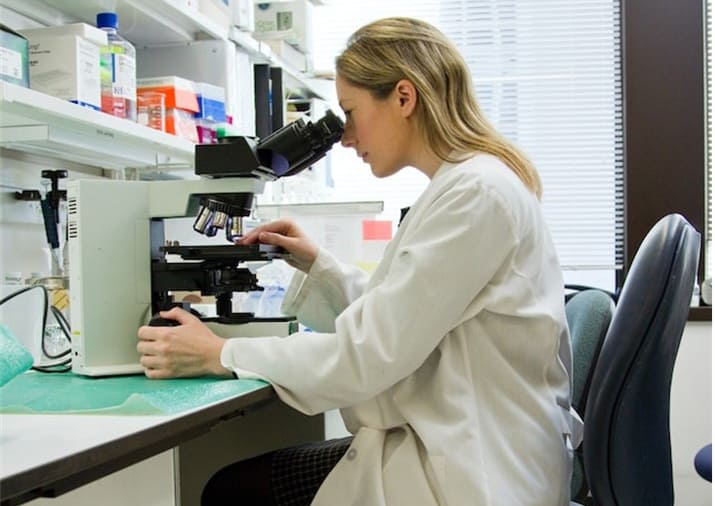
16 Jun The Role Of Artificial Intelligence In Improving Colonoscopy Accuracy
Imagine if doctors could predict which patients would develop colorectal cancer. This is the goal of recommending routine colonoscopies, but the tests don’t always get it right—at least not when humans interpret the results. While artificial intelligence (AI) isn’t here to replace doctors, it can help gastroenterologists reduce human error, enhance diagnostic precision, and help avoid unnecessary procedures.
AI acts as a pattern-detecting machine that can quickly analyze enormous amounts of data from colonoscopy images and spot issues the human eye might miss. And by improving the detection rate of polyps, a primary precursor of colorectal cancer, this technology can contribute to the early detection and treatment of colorectal cancer and improve survival rates.
Below, we’ll explore AI’s role in gastroenterology and its potential to reshape the future of colorectal cancer diagnosis.
Improving Diagnostic Accuracy with AI
Researchers have found that as many as 52% to 57% of post-colonoscopy cancer cases are linked to lesions that diagnosticians failed to identify during the patient’s colonoscopy because of their subtlety. For example, they can be nearly impossible to spot in patients with high-risk conditions like inflammatory bowel diseases, such as Crohn’s disease.
To improve patient care and comfort, AI can also help doctors detect non-cancerous lesions and make real-time decisions about whether or not they require removal. This can help decrease unnecessary polypectomies and the associated surgical risks.
AI can even help gastroenterologists triage patients, assess their risk levels, and formulate personalized patient management plans. For instance, with enough training, AI may be able to anticipate the course of a patient’s disease or gauge how they may respond to a specific treatment.
Training AI Algorithms
AI is trained on huge datasets of colonoscopy images, allowing it to detect the most subtle and easily overlooked polyps.
Around the world, gastroenterology departments are constantly improving their AI systems by annotating colonoscopy videos and marking lesions from every angle. Feeding these images back into the AI system helps enhance machine learning algorithms. Over time, the AI’s ability to accurately detect polyps, particularly in high-risk patients, continues to improve.

Barriers to Using AI in Healthcare
Despite these promising advances, the use of AI to interpret colonoscopy results in real-time has a long way to go before hospitals and clinics agree to use it. For example, more research and validation are needed before widespread clinical implementation.
It’s also crucial to come to some agreement on the ethical implications involved in using AI in healthcare settings. For example, if AI misdiagnoses a patient and causes them harm, who is liable for that mistake? Would it be the company that created the algorithm, the hospital, or the doctor? The truth is, we simply don’t have a good way to answer questions like these yet.
Data privacy is another concern. The datasets researchers use to train AI systems often include sensitive patient information, requiring stringent privacy and security measures. This can be difficult for all healthcare facilities to achieve.
Summary
The use of AI during colonoscopies has led to encouraging advances in gastroenterological diagnostics, reduced the number of unnecessary procedures, and streamlined patient care. As this technology continues to evolve, AI is likely to help save many lives.



